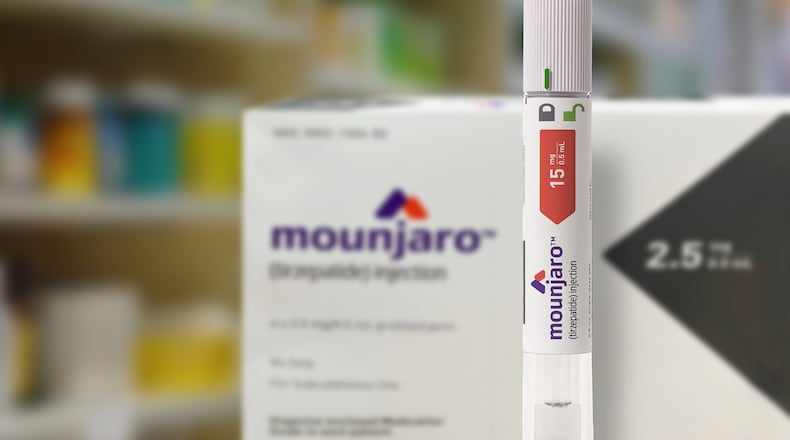New data from the Centers for Disease Control and Prevention shows that women are nearly twice as affected by severe obesity compared with men. That burden falls hardest on Black women, with 4 in 5 suffering from overweight or obesity and many enduring the related conditions such as diabetes and high blood pressure that come with it. Yet though Black women are far more likely to suffer from severe obesity, they are four times less likely to have access to the medication required to treat it. As a country, we must dramatically expand access to obesity care for the people hardest hit by this disease.
I’ve dealt with this problem personally. Despite being diagnosed with diabetes and high blood pressure, I have repeatedly been denied coverage for obesity medication that would improve my health. My mother died of complications from diabetes at age 56. I worry that without treatment I may suffer the same fate.
Credit: Handout
Credit: Handout
It’s not for a lack of trying. I’ve changed my diet and my lifestyle. I exercise more than I ever have, but having obesity makes vigorous exercise difficult because of the strain it puts on my joints. I looked into medication after seeing how much it helped friends and got a prescription from a doctor. But my health insurer wouldn’t cover the cost. I switched to another company, but I was denied coverage again. I tried to use the drugmaker’s coupon to buy the medicine at a discount from my local pharmacy, but the pharmacy wouldn’t accept it. In desperation, I turned to a compounding pharmacy to get the medication. I don’t like doing it because I worry about the quality and safety, but I have no other option.
It’s infuriating to be denied coverage while watching study after study come out about the benefits of these treatments. Research indicates that, even after four years, patients with access to this new medication lose 10 percent of their body weight on average. Initially approved by the Food and Drug Administration to treat diabetes, the medication has also been shown to reduce diabetes markers by 2%, and risk of major cardiovascular effects by 26%. Yet another study found the treatments could play a role in reversing the opioid epidemic.
As a Black woman, I know how important it is to speak up for what is fair. That’s why I founded the Women’s Diversity Network, a nonprofit organization that connects and mobilizes women and gender-expansive people of different backgrounds to create positive change through unity and collective work. Black women shoulder a heavy burden in the household, often holding down jobs while holding the family together as caregivers for children and elderly parents. In the workplace, we are paid on average 36% less than white men and 12% less than white women, all of which brings tremendous stress that contributes to mental and physical illness.
If Black women can’t stay healthy, they can’t care for their families and dependents. Many drop out of the workforce to look after their families full time. You can see the impact of this trend in the economic data. In 2023, obesity cost U.S. businesses and employees $425.5 billion. New treatments can have a big impact on this problem by helping people lose weight and reducing the impact of related illnesses. Government urgently needs to expand access for people like me whose insurance won’t cover them. A bill moving through Congress, the Treat and Reduce Obesity Act, aims to significantly expand access to therapy and antiobesity treatments for Medicare beneficiaries. Earlier this year, the House Ways and Means Committee advanced a pared-back version of the bill, limiting coverage to new beneficiaries who had coverage through commercial health insurance for the preceding year. This is a step in the right direction, but it won’t help people who haven’t had commercial health insurance. And it won’t help younger women like me.
In five years’ time, more than half of American adults will have obesity. Black women will bear a greater share of that disease, and the repercussions will be felt throughout our society. Just telling us to eat better when so many live in food deserts or to exercise when it can be tremendously painful is unacceptable. Expanding access to obesity care today can help millions and change the trajectory of this illness and pave the way toward a brighter, healthier, more equitable future.
Shanequa Levin is founder and chief executive officer of the Women’s Diversity Network, which is based in Lawrenceville.
About the Author
Keep Reading
The Latest
Featured



